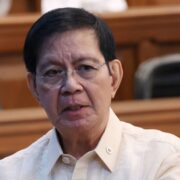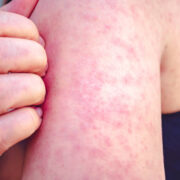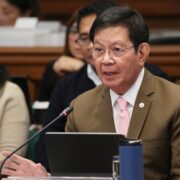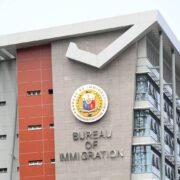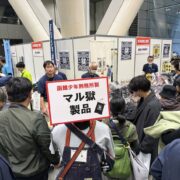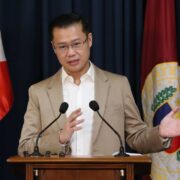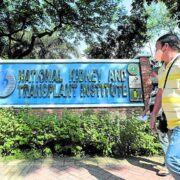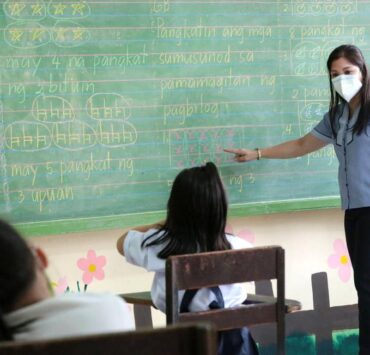Japan, Korea, US invest P1.6B for better health care in BARMM
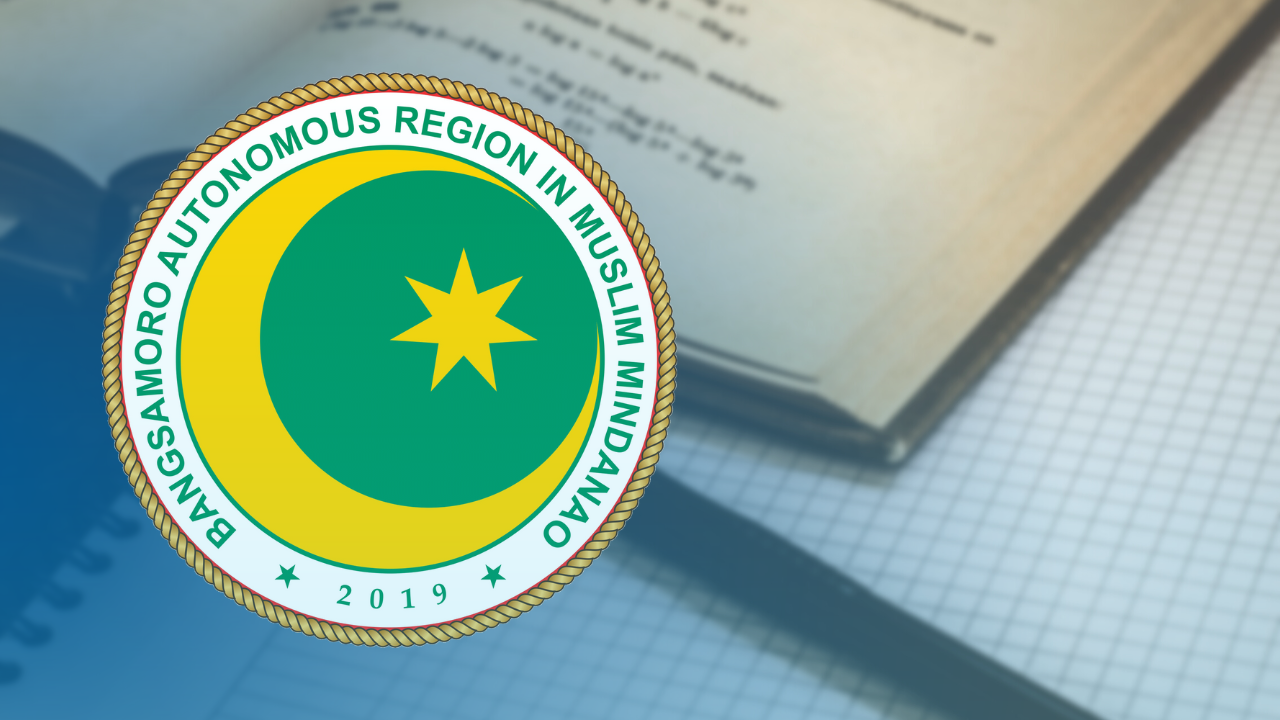
COTABATO CITY—Health care delivery in the Bangsamoro Autonomous Region in Muslim Mindanao (BARMM) gets a needed shot in the arm through a partnership with the governments of the United States, Japan and South Korea.
On Friday, the BARMM’s Ministry of Health (MOH) inked a memorandum of cooperation with the Japan International Cooperation Agency (Jica), Korea International Cooperation Agency (Koica) and the US Agency for International Development (Usaid) to improve health outcomes in the region whose population is slowly rising from the ashes of more than four decades of separatist rebellion.
Now on its fifth year, the BARMM imbibes the aspiration for Moro self-governance and was created to honor the 1996 and 2014 peace deals between the national government and two Moro revolutionary movements.
Currently led by the Moro Islamic Liberation Front, the region has struggled to address a host of serious health issues, such as maternal and child mortality, low immunization levels and malnutrition among children.
With lower incomes, a big part of the population is dependent on the government for their health-care needs.
Under the new partnership, Japan, Korea and the US will invest a total of P1.6 billion in the next five years with the three development agencies working closely with the MOH, the Department of Health (DOH), and communities and other stakeholders to advance universal health care in the region.
Goals
According to a statement from the US Embassy in Manila, the initiative seeks to improve health information systems, increase public health financing, promote good public health practices, expand quality health-care services and improve access to essential medicines, facilities and equipment.
Jica will advance maternal and newborn health and nutrition, strengthen community health services, promote Philippine Health Insurance Corp. (PhilHealth) enrollment, promote facility-based deliveries and take into account contribution to gender mainstreaming.
Koica will enhance sustainable health financing through PhilHealth, provide culturally sensitive maternal care, upgrade facilities and equipment and boost emergency preparedness with the DOH-certified Field Epidemiology Training Program.
The Usaid will strengthen health systems, enhance the delivery of family planning, adolescent reproductive health, and tuberculosis programs, and improve preparedness and response to emerging health threats.
“Together with our partners, we aim to promote a more resilient and efficient regional health-care system accessible to the community and the vulnerable groups within the region. Our efforts toward a more inclusive and responsive health system reflects Japan’s long-standing commitment to human security and peacemaking efforts within the BARMM,” Japanese Ambassador to the Philippines Endo Kazuya said at the signing ceremony held at the Philippine International Convention Center in Manila.
“Korea’s experience rising from the ashes of war to prosperity drives our commitment to supporting peace and development … Through this unprecedented partnership, Koica will play a crucial role in delivering vital maternal and child health services, strengthening health systems and improving emergency readiness,” said Koica Vice President Kim Dong-ho.
For her part, US Ambassador to the Philippines MaryKay Carlson said: “Through this partnership, we envision a future where mothers and their children are in the care of highly capable professionals; where TB (tuberculosis) patients receive treatment; where young adults receive culturally sensitive reproductive health services; and where families are protected from infectious diseases and pandemic threats.”


